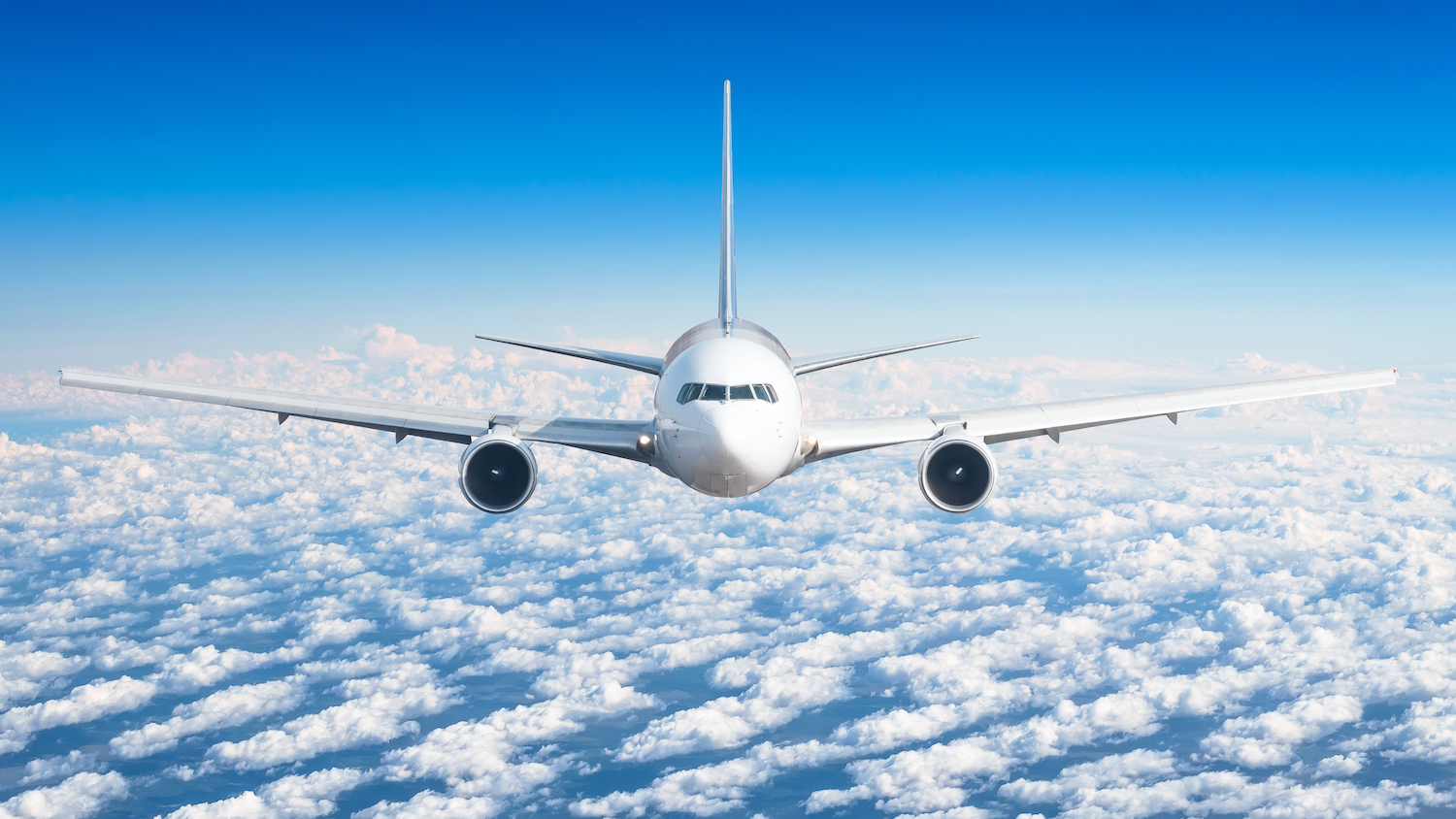By Caroline Barnhill
Looking to make your company more attractive to potential buyers? You better check the flight logs of your closest airport. New research published in the Journal of Corporate Finance examined effects of direct flights on cross-border mergers and acquisitions (M&As). The researchers, including Poole College’s professor of finance Mark Walker, built upon previous research which demonstrated that proximity increases investments resulting in stronger economic growth.
“We know that the introduction of direct flights between locations in two different countries allows for faster travel, and therefore, a lower cost of acquiring information about a company during the due diligence process,” Walker says. “However we drilled down further to find more specific information about the contexts in which this easy access is especially important.”
During the due diligence process of M&As, potential buyers not only want access to “hard info” – like audit reports, financial statements and other internal documents – but also “soft info” that is better acquired face-to-face, since it is focus is on people and culture.
You can only understand so much about a business by examining documents. People, however, are more revealing.
“You can only understand so much about a business by examining documents. People, however, are more revealing,” Walker says. “In trying to determine whether or not to merge with or acquire a company, especially from a different part of the world, business executives want to visit the site of the facilities and meet individuals face-to-face. Compare it to buying a house. Sure you can view pictures of a house on MLS but that’s a very different experience than walking through the house yourself.”
Walker and the research team found that access to direct flights matter most in target selection – that first acquisition. Other times when having easier access to the target is important is when the purchasing business works in a different industry where they may not be as familiar with operations, referred to as information asymmetry, or in instances where the target is a privately held company, in which public information is often more limited.
“Big picture? Due diligence matters and acquiring that soft information requires onsite visits. Markets that are more easily accessible through direct flights are ones that end up with more favorable deals,” Walker says. “So for civic leaders, having an airport with more connections makes your region more attractive to global M&As.”
Walkers co-authors were Ivan T. Kandilov, NC State associate professor of agriculture economics, and Chi Zhang, a Poole College alumnus who graduated with his Ph.D. in economics.
//
The study abstract follows.
“Direct flights and cross-border mergers & acquisitions”
Authors: Chi Zhang (HKUST), Ivan T. Kandilov (NC State), Mark Walker (NC State)
Published: August 12, 2021, Journal of Corporate Finance
Abstract:
Prior evidence indicates that proximity increases investments resulting in stronger economic growth. The introduction of a non-stop direct flight between two locations in different countries allows for faster travel and a lower cost of acquiring information, potentially facilitating acquisitions abroad. We examine this channel by considering cross-border mergers and acquisitions (M&A) activity between China and the U.S. Our results suggest that direct flights matter most in target selection. Direct flights are more important for M&A activity where information asymmetry is greater and for first time acquirers in the market. We demonstrate that endogeneity is unlikely to drive the results.
- Categories:
- Series:



